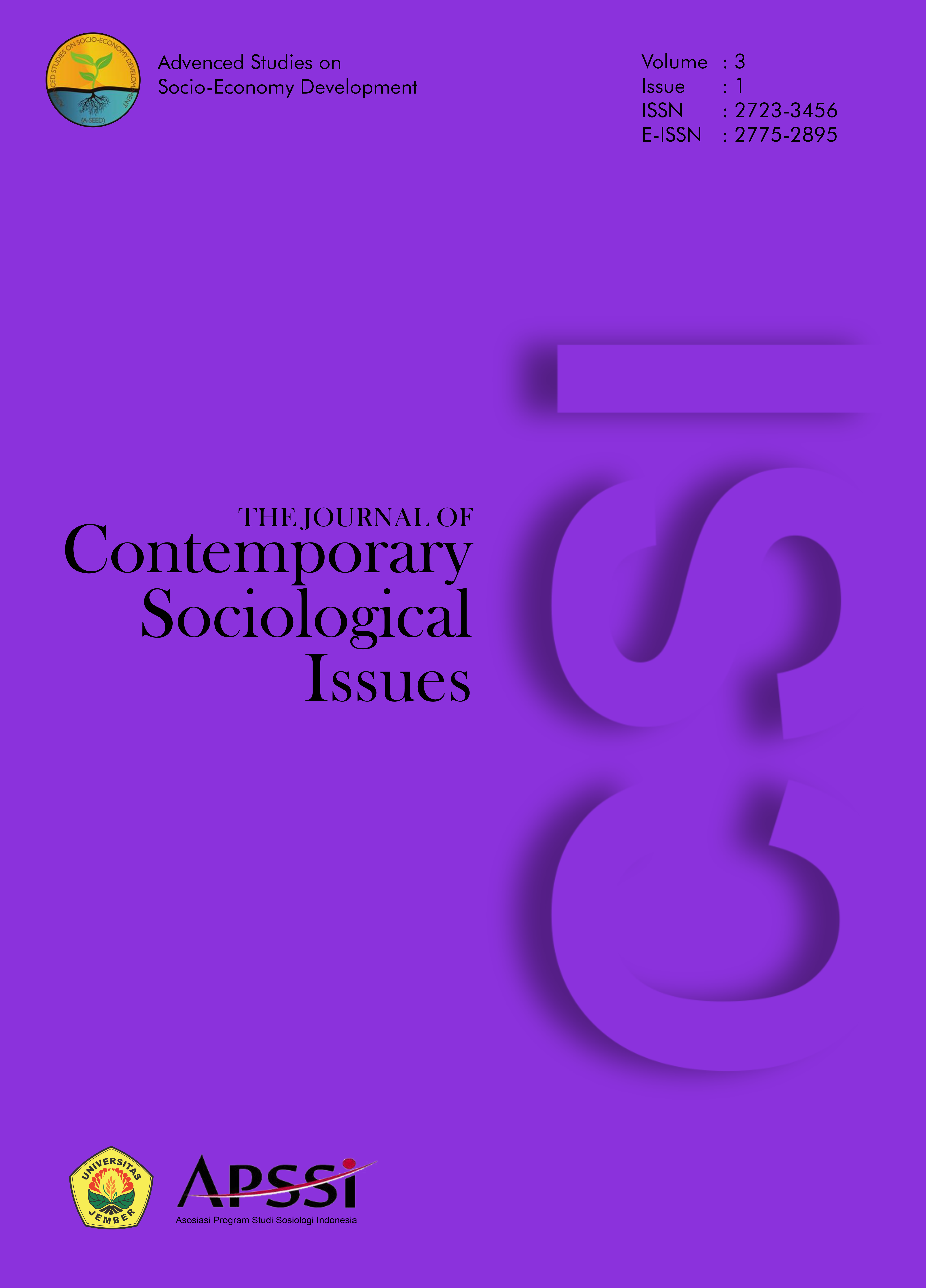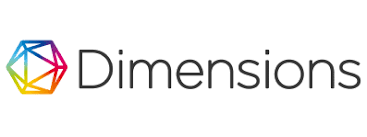The Dynamics of Congressional Committees in Budget Legislation and Its Impact to Philippine Economic Development
DOI:
https://doi.org/10.19184/csi.v3i1.31362Keywords:
budget legislation, General Appropriations Act (GAA), political clientelism, Philippine CongressAbstract
This research examines the dynamics of the 17th congress in the budget legislation process and posts an argument regarding its impact on Philippine economic development using a qualitative research design. The researchers use theoretical debate and literature study to identify the political motivations that affect the Congressmen in the approval of the budget, namely: self-interest, political clientelism, and political interference. An online interview was conducted with the selected key informants to know the significance of each factor in congress's decision-making regarding the budget's approval. The results indicate that self-interest, political clientelism, political interference, and the executive department significantly influence the congressional committees on the budget legislation process. This article concludes that the effectiveness of lawmakers' roles in managing the economy correlates with the majority of representation held by the government's ruling party, as in the case of the 17th congress.
Keywords: Budget Legislation, General Appropriations Act (GAA), Political Clientelism, Philippine Congress
Downloads
References
Batalla, E. V. C., Torneo, A. R., & Magno, F. A. (2018). A Survey of Political Interference Patterns and Modalities in National Roadworks in the Philippines. Asia-Pacific Social Science Review, 18(2).
Besley, T. (2006). Principled Agents. The political economy of good government. Oxford: Oxford University Press.
Brøndal, J. (2010). Progressive Era City Government: Reforming From Within and Without-Mordecai Lee. Bureaus of Efficiency: Reforming Local Government in the Progressive Era, Milwaukee: Marquette University Press. The Journal of the Gilded Age and Progressive Era, 9(2), 266–268.
Buchanan, J. M. (2003). Public Choice: Politics Without Romance (3rd ed., Vol. 19). Retrieved from https://www.cis.org.au/wp-content/uploads/2015/04/images/stories/policy-magazine/2003-spring/2003-19-3-james-m-buchanan.pdf
Caiden, G. E. (2014). Administrative reform comes of age. In Administrative Reform Comes of Age. de Gruyter.
Callahan, K. (2002). The utilization and effectiveness of citizen advisory committees in the budget process of local governments. Journal of public budgeting, accounting & financial management.
Falguera, N. Z. (2004). Budget politics in the Philippines. Pilipinas: A Journal of Philippine Studies, (42), 1-24.
Fresno, A., (2006). Agenda Control in Presidential Systems: Measurement Alternatives to Capture Latent Variables. EU Working Papers., European Institute, Italy
Hassan G., Aslam A. & Shin Y., Political Economy of the Budgetary Process in Malaysia (July 30, 2012). doi: 10.2139/ssrn.2120088
Holcombe, R. G. (2018). Checks and Balances: Enforcing Constitutional Constraints. doi:10.3390/economies6040057
Lual, M. (2020). The systemic corruption at the ministry of finance and planning in South Sudan: Mismanagement of public funds and procurement scandals. Available at SSRN 3616575.
Mfuru, A., Sarwatt, A. c., & Kanire, G. (2018). The Impact of Political Interference in Public Administration in Kibaha Town Council, 6(4), 21–31.
Nguyen, H. H. (2019). The Role of State Budget Expenditure on Economic Growth: Empirical Study in Vietnam. The Journal of Asian Finance, Economics and Business, 6(3), 81–89.
Premchand, A. (2001). Public Budgeting and Economic Development: Evolution and Practice of an Idea. International Journal of Public Administration, 24(10), 1023–1039.
Roniger, L. (2004). Political Clientelism, Democracy, and Market Economy [Review of Le clientélisme politique dans les sociétés contemporaines; Poor People’s Politics: Peronist Survival Networks and the Legacy of Evita; Clientelism, Interests, and Democratic Representation: The European Experience in Historical and Comparative Perspective, by J.-L. Briquet, F. Sawicki, J. Auyero, & S. Piattoni]. Comparative Politics, 36(3), 353–375. doi:10.23074150135
Rougier, E., Combarnous, F., & Faure, Y. (2021). The “Local Economy†Effect of Social Transfers. doi:10.1016/j.worlddev.2017.09.019
Schug , M. C., & Fontanini, J. (1994). Public Choice Theory and the Role of Government in the Past. National Council for the Social Studies, 1, 20–22.
Schwartz-shea , P., & Simmons, R. T. (1991). Egoism, Parochialism, and Universalism (1st ed., Vol. 3). doi:10.1177/1043463191003001007
Thurmaier, K. M., & Willoughby, K. G. (2014). Policy and politics in state budgeting. Routledge.
Wangwe, F. (2012). Overview of Social Cognitive Theory and of Self Efficacy. Retrieved from the World Wide Web: http//www.emory.edu /EDUCATION/ mfp/eff.htm
Weingrod, A. (1968). Patrons, Patronage and Political Parties. Comparative Studies in Society and History 10 (4): 377-400.
Downloads
Published
Issue
Section
License
Copyright (c) 2023 Arvin Karl Demillo Capiral

This work is licensed under a Creative Commons Attribution-NonCommercial-ShareAlike 4.0 International License.








